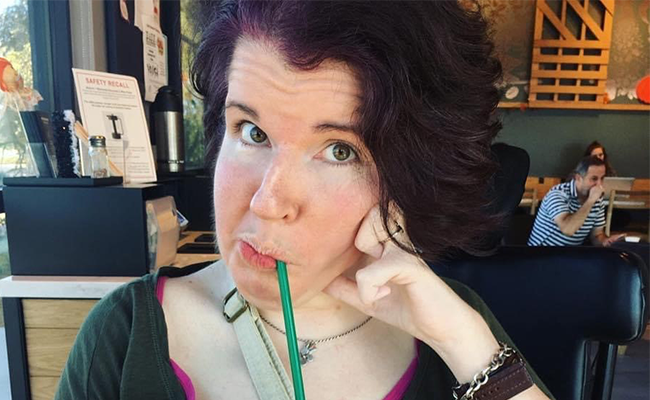advocate, noun | ad·vo·cate | \ ˈad-və-kət
— : one who pleads the cause of another
(Merriam-Webster)
When you think of an advocate, what image comes to mind? Do you picture the valiant men and women who use their voices to speak out on behalf of others? Do you imagine To Kill a Mockingbird’s Atticus Finch in his fight for his wrongly accused client? Or, maybe do you envision Mother Teresa of Calcutta who aided the ill and impoverished?
While this classic definition is printed in dictionaries, this meaning of the word no longer rings true, does it? In the last century, most ground-breaking advocates have not just been pleading the cause of another. They have been advocating for themselves… and for people like them. These advocates have not been just noble people fighting for the oppressed. They, too, have been oppressed. There’s a big difference.
From suffragettes to civil rights leaders to feminists to LGBTQIA+ advocates to BLM and immigrant activists, the life experiences of these advocates have directly shaped their work. No doubt about it— these unique and personal perspectives have allowed the advocacy of these movements to be more influential, relevant and powerful.
But oddly, society has not been quick to embrace, or even recognize, disabled advocates. As a disabled person, myself, I can honestly say that, while it’s frustrating, it’s not surprising at all. After all, if a disabled person wishes for advancement, independence and success, most often these things are contingent upon the support and approval of the able-bodied people in our lives.
I have a neuromuscular disability called Spinal Muscular Atrophy. I’ve used a wheelchair since the age of 4 and I require assistance with my everyday needs. So, I speak from experience when I say that society isn’t really accustomed to listening to a person that needs help getting onto a toilet to poop.
I’ve had servers at restaurants doubt my ability to speak. I’ve had nurses that refuse to listen to my directions when I tell them how to care for me. I’ve had receptionists at front desks ignore me unless I have an able-bodied person standing next to me.
Disabled people face these challenges and prejudices every single day. For while we are people just like everyone else, society has difficulty imagining our autonomy— and, frankly, our personhood. This has been a huge barrier that disabled advocates have faced from the very beginning. It can be even harder to advocate for yourself and others when many doubt your ability to speak for yourself.
This is why you’ve probably heard of the late Jerry Lewis’ advocacy work with the Muscular Dystrophy Association and the Kennedy-Shrivers work with the developmentally disabled and the Special Olympics. They are able-bodied people advocating for the disabled. But, do you know any disabled advocates by name? Like Alice Wong, Judith Heumann, Imani Barbarin, Haben Girma or John Anton?
Or, anyone else?
If you do, I give you kudos. But, don’t beat yourself up too much if you can’t think of any names— frankly, disabled advocates don’t get a lot of media attention. It’s far easier to put cute little disabled kids from Shriners Hospital on television than it is to air a roundtable discussion of disabled experts on the importance of Medicaid expansion.
But, now that you know some names, I want you to go out and do some research. Learn more. Be the ally that disabled people, like me, need.
Because even the best advocates need allies.
Elizabette Guéçamburu is a writer and newspaper columnist with an addiction to books, politics, and all things that smell like pumpkin pie. Based in central California, she graduated from Santa Clara University and endured a brief, and horribly boring, stint in law school. She blogs at: www.elizabetteunplugged.com

